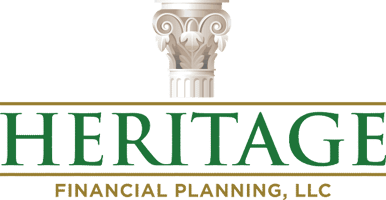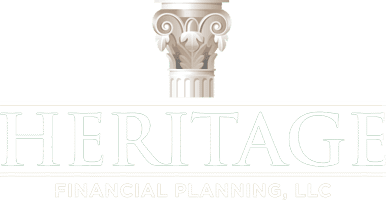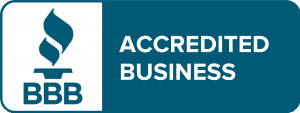Home loans often make up significant amounts of household debt, and reducing as much debt as possible before entering retirement can seem like a promising idea. But, as with many other financial questions, there is no precise answer; it all depends.
The Consumer Financial Protection Bureau estimates that 30% of homeowners 65 and older—about 6.5 million people—are mortgage-free when they retire. Federal Reserve figures show that 21% of seniors 75 and older still have mortgage debt. Paying off your mortgage could give you peace of mind, but it does not necessarily mean you eliminate your housing costs; there still will be property taxes, homeowners insurance, and maintenance expenses.
However, given today’s generally low interest rates, your mortgage not only may be the cheapest form of debt to hold, but it is often seen as the best kind of debt. Still, though, it might make sense to use the extra money in different ways. Given the choice, should you pay down your low-interest mortgage early, or use your extra income to save or invest more aggressively? Everyone’s personal financial situation is different, and there are several factors to consider before deciding about your mortgage.
Here are several questions to help guide your decision-making:
What gives you the best return?
You have a dollar to invest: think about whether your best return might come from investing it or reducing your interest-bearing mortgage. For example, if your after-tax mortgage rate is 5%, then you would need to do better than that in the stock market to put you in a positive zone.
Are you maxed out on contributions to tax-advantaged accounts?
If you have crunched the numbers on your retirement assets with a financial representative and feel comfortable with your savings, you may be able to devote more income to extra mortgage payments.
However, if you haven’t maxed out your contributions or are concerned about your retirement preparation, you might be better off putting extra money into tax-advantaged saving accounts. The final years before retirement represent your last opportunity to add significantly to your nest egg, and it’s important to make sure you have enough put away.
How would your taxes be affected by paying down the mortgage?
For many people, mortgage interest payments are deductible on federal taxes, which reduces the effective interest rate paid on the loan. Since contributions to retirement accounts, health savings accounts, and other qualified accounts are frequently tax deductible, making extra contributions (instead of extra mortgage payments), may add more to your bottom line.
However, if you are no longer able to deduct the interest on your mortgage, and are already maxed out on your tax-advantaged contributions to retirement accounts, paying down your mortgage could make financial sense. Keep in mind that taxes are just one part of the overall picture, and it’s important to view your financial situation holistically.
Do you have adequate cash reserves?
Emergency savings are a critical part of your long-term financial plan. Unexpected life events like the loss of a job, a sudden illness, or expensive repairs can put a strain on your household finances. Having several months of income saved in cash can help you cover major expenses without being forced to liquidate investments or go into debt. If you don’t already have an emergency reserve—or don’t have enough money set aside —you should consider saving those extra mortgage payments for a rainy day.
Have you weighed risk against potential return?
Paying off high-interest credit card debt or personal loans is a no-brainer. The average variable credit card APR was 15.59% at the end of March 2017. This means you’re essentially ‘earning’ that much back on every dollar you pay off. You’re not likely to find investments paying that much consistently, so your priority should be to pay off that debt as quickly as possible.
However, given how low mortgage rates are—especially if you’re getting a tax break on the interest—you will want to carefully weigh the possibility of earning market returns higher than your interest rate. Market returns are not guaranteed, so it’s a good idea to have a financial representative walk you through these calculations and help you understand your own attitude about risk and return.
How would paying off your mortgage affect your financial position?
Most financial decisions have emotional components, which is why it’s so important to develop an understanding of your long-term goals. For many folks, knowing that they own their home free and clear outweighs most financial considerations. If being able to pay off your mortgage early helps you sleep better at night, it might be the best decision for you.
Conclusions
As you can see, there are many variables that must be factored into a decision about paying off your mortgage. If you have questions about the benefits and drawbacks of holding a mortgage or any other loan, please give us a call. We are here to help you each step of the way, so please let us know if you have any questions about this information or the bigger strategies that are helping guide you to your financial future.












